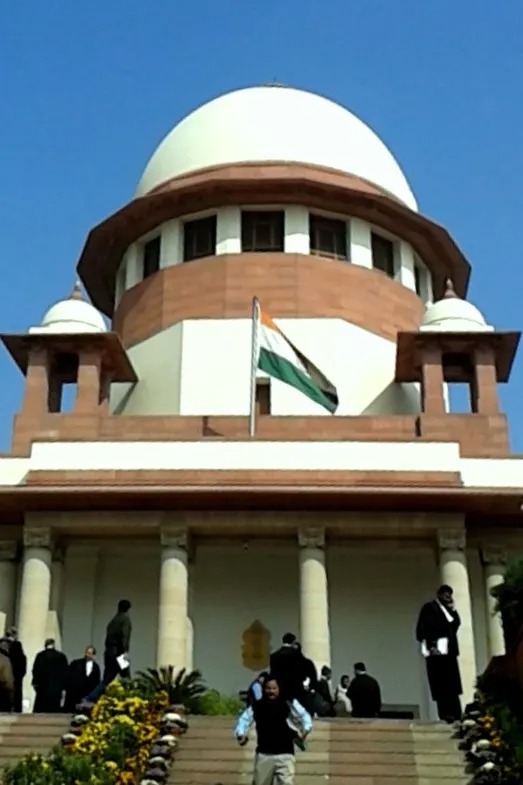@JUDGMENTTAG-ORDER
K. Sreedharan, J.@mdashAccused was charged with offence u/s 289, I.P.C. After trial he was found guilty of that offence. He was, thereupon sentenced to pay a fine of Rs. 500.00 He challenged the conviction and sentence before the lower appellate Court. Learned Sessions Judge confirmed the conviction but remitted the case back to the lower Court for proper orders regarding sentence after hearing the accused. This remit was found to be improper. Hence this Court took up the matter suo motu in revision and registered the Criminal P.C.
2. Offence u/s 289, I.P.C. is punishable with imprisonment of either description for a term which may extend to six months or with fine which may extend to one thousand rupees or with both. Such an offence is to be tried as a summons case. Section 255 of the Code of Criminal Procedure deals with acquittal or conviction of accused tried in a summons case. Clause (2) of that Section 2 states where the Magistrate does not proceed in accordance with the provisions of Section 325 or Section 360, he should, if he finds the accused guilty, pass sentence upon him according to law. This provision does not enjoin the trial Magistrate to hear the accused on the question of sentence as provided by Section 248(2) of the Cr. P.C. Provisions similar to Section 248(2) is contained in Section 235(2) of the Code as well. Those provisions deal with cases tried as warrant cases or as sessions cases respectively. From the scheme of the above provisions it is evident that Courts convicting an accused charged with graver offences have to hear them on the question of sentence. Accused tried for lesser offence as in the case of summons case, such provision is conspicuously absent. Therefore, the learned Sessions Judge was clearly in error in thinking that the fine of Rs. 500/- imposed on the accused in a case tried as a summons case was contrary to the provisions contained in the Cr. P.C. requiring remit of the case to trial Court because the accused was not given opportunity to make his representation on the sentence.
3. In view of what has been stated above, I quash the order of remit passed by the learned Sessions Judge and restore the sentence imposed on the accused by the learned Trial Magistrate.
Criminal Revision Case is disposed of in the above terms.

